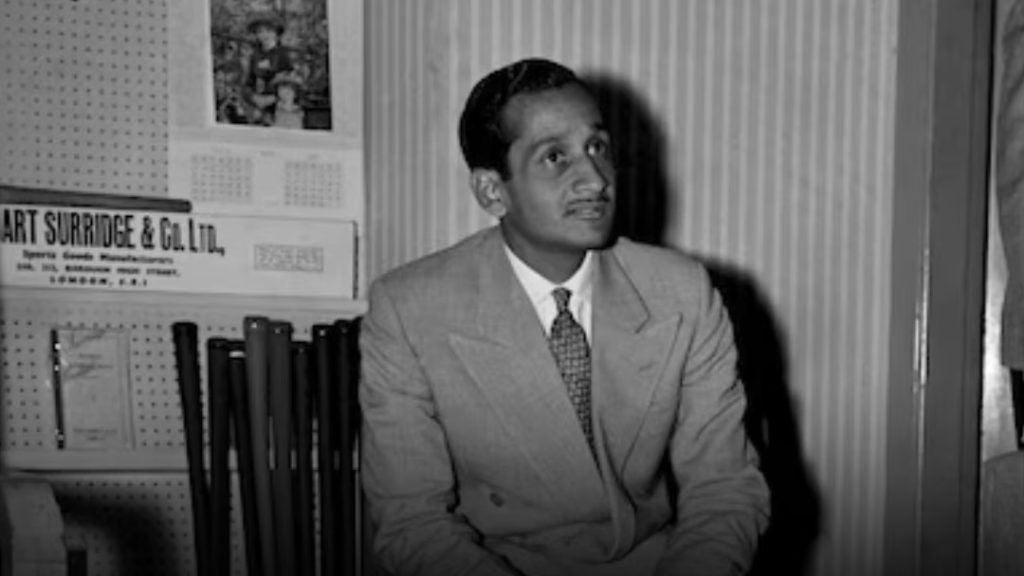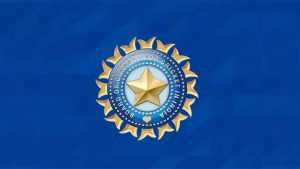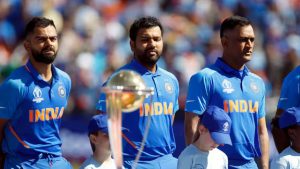
In a poignant moment for cricket enthusiasts, Dattajirao Gaekwad, the accidental Indian captain and the nation’s oldest living Test cricketer, passed away at the age of 95 in his hometown Baroda. Renowned for his elegant cover drives and unassuming leadership, Gaekwad’s legacy transcends statistics, leaving an indelible mark on Indian cricket.
Gaekwad’s journey, spanning from 1952 to 1961, saw him don the Indian cap in 11 Tests. Despite a Test average of less than 20 during an era when victories were scarce, Gaekwad’s contributions went beyond numbers. His son, Anshuman Gaekwad, would later follow in his footsteps, carving his own path with a tight defensive technique.
Leading India during the challenging 1959 tour of England, Gaekwad faced criticism for his captaincy, labeled by Wisden as lacking “verve and personality.” However, his leadership was marked by challenges and the weight of expectations during a period of more losses than wins.
Gaekwad’s call-up to the national team, perceived by some as nepotism, was intertwined with his association with Fatehsinh Gaekwad, the Maharaja of Vadodara and the national team’s manager. Despite the scrutiny, Gaekwad cherished the opportunity to represent India, donning the cap and blazer in his room with pride.
While facing formidable bowlers like Freddie Trueman and Alec Bedser posed challenges, Gaekwad’s cover drives earned praise from cricket writer Christopher Martin-Jenkins. In domestic cricket, he shone for Baroda, playing a pivotal role in their maiden Ranji Trophy title in 1957-58, including a memorable hundred against Services.
However, Gaekwad’s achievements were often overshadowed by the brilliance of Vijay Hazare. In the 1958 Ranji season, where he scored a hundred in the final, Hazare’s double century took center stage. Despite the overshadowing, Gaekwad continued to contribute, amassing 3139 runs in the Ranji Trophy at an impressive average of 47.56.
His tenure as India’s oldest living Test cricketer began in 2016, succeeding Deepak Shodhan. Gaekwad’s international career may have been relatively quiet, but his dedication and perseverance are etched in the history of Indian cricket. As an Indian captain, he holds a unique place in the sport’s narrative, and his contributions will be remembered with respect and admiration.
In bidding farewell to Dattajirao Gaekwad, cricket mourns the loss of an unsung hero who played the game with heart and left an enduring legacy on and off the field.




